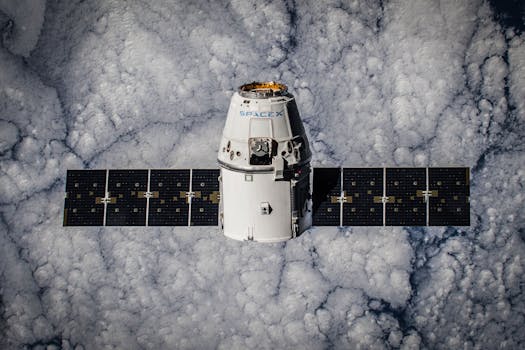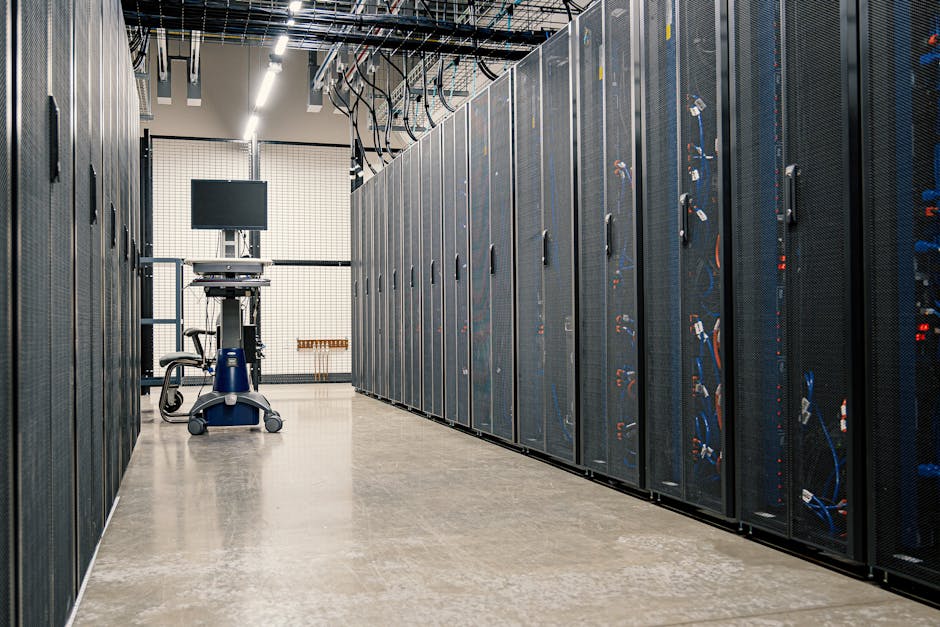
The Future of Satellites: Revolutionizing Global Communication and Exploration is an exciting and rapidly evolving field, with new advancements in technology and innovation enabling global communication and exploration like never before. The use of satellites has become an essential part of our daily lives, from navigation and communication to weather forecasting and scientific research. As we look to the future, it is clear that satellites will play an even more critical role in shaping our world.
One of the most significant trends in the future of satellites is the development of small satellite technology. Small satellites, also known as CubeSats, are compact, lightweight, and relatively inexpensive to launch. They have the potential to revolutionize the way we approach space exploration and development, enabling more frequent and affordable access to space. Companies such as Planet Labs and DigitalGlobe are already using small satellites to provide high-resolution imagery of the Earth, which has a wide range of applications, from environmental monitoring to urban planning.
Another area of significant development in the future of satellites is the use of satellite constellations. A satellite constellation is a group of satellites that work together to provide global coverage and connectivity. Companies such as SpaceX and OneWeb are launching thousands of small satellites into low-Earth orbit to provide high-speed internet connectivity to remote and underserved communities around the world. This has the potential to bridge the digital divide and provide access to information and opportunities for millions of people.
The Role of Satellites in Scientific Research
Satellites have long played a critical role in scientific research, from studying the Earth’s climate and weather patterns to exploring the universe. The future of satellites will see even more sophisticated and specialized satellites being launched to study specific phenomena, such as the Earth’s magnetic field, the Sun’s corona, and the formation of black holes. The use of satellites in scientific research has the potential to greatly advance our understanding of the universe and the laws of physics.
For example, the European Space Agency’s (ESA) Gaia satellite has been used to create a highly accurate three-dimensional map of the Milky Way galaxy, providing new insights into the structure and evolution of our galaxy. The NASA’s Transiting Exoplanet Survey Satellite (TESS) has been used to discover thousands of new exoplanets, revolutionizing our understanding of the formation and diversity of planetary systems.
The Challenges and Opportunities of Satellite Development
Despite the many advancements and opportunities in the future of satellites, there are also significant challenges to be addressed. One of the major challenges is the issue of space debris, which poses a significant threat to the safety and sustainability of space exploration. The increasing number of satellites in orbit is also raising concerns about congestion and interference, which could impact the performance and reliability of satellite communications.
However, these challenges also present opportunities for innovation and development. For example, companies such as Astroscale and RemoveDebris are working on technologies to remove space debris from orbit, while others, such as the ESA, are developing new protocols and standards for satellite communications to mitigate the effects of congestion and interference.
Conclusion
In conclusion, the future of satellites is full of exciting possibilities and opportunities. From the development of small satellite technology and satellite constellations to the use of satellites in scientific research and exploration, it is clear that satellites will play an increasingly critical role in shaping our world. While there are challenges to be addressed, the opportunities for innovation and development are significant, and it will be interesting to see how the future of satellites unfolds.
The future of satellites will be shaped by advancements in technology, innovation, and investment. As we look to the future, it is clear that satellites will continue to play a vital role in enabling global communication, exploration, and scientific research. Whether it is providing high-speed internet connectivity to remote communities, studying the Earth’s climate and weather patterns, or exploring the universe, satellites will remain an essential part of our daily lives and our understanding of the world.
As we move forward, it is essential to address the challenges and opportunities presented by the future of satellites. This will require continued investment in research and development, as well as international cooperation and collaboration to ensure the long-term sustainability of space exploration and development. By working together, we can unlock the full potential of satellites and create a brighter, more connected future for all.







